
https://csmapnyu.org/links

👇👇

👇👇

This suggests that information interventions may have unequal impacts across subgroups, depending on baseline exposure.
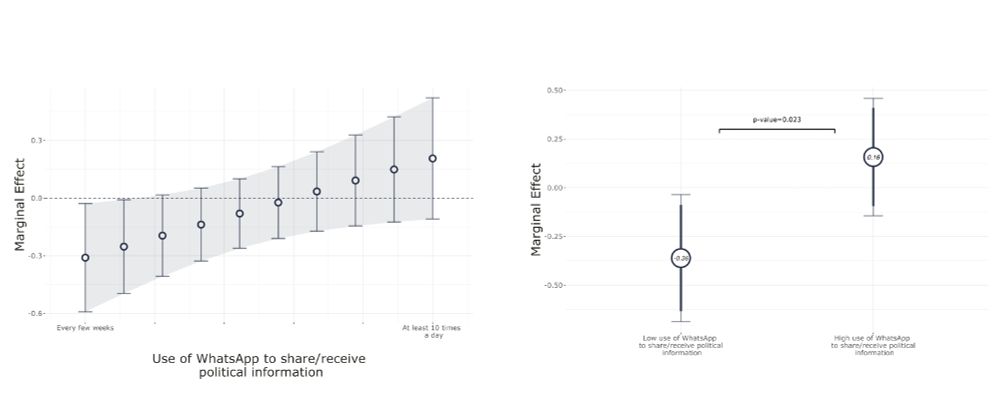
This suggests that information interventions may have unequal impacts across subgroups, depending on baseline exposure.
Although users saw less false content, their attitudes stayed the same.
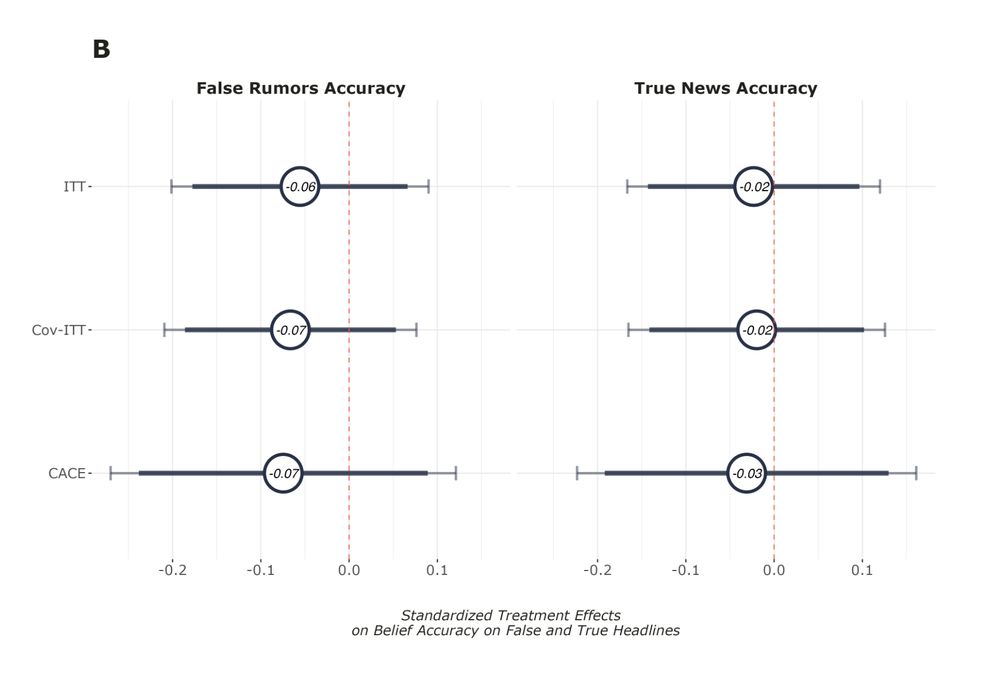
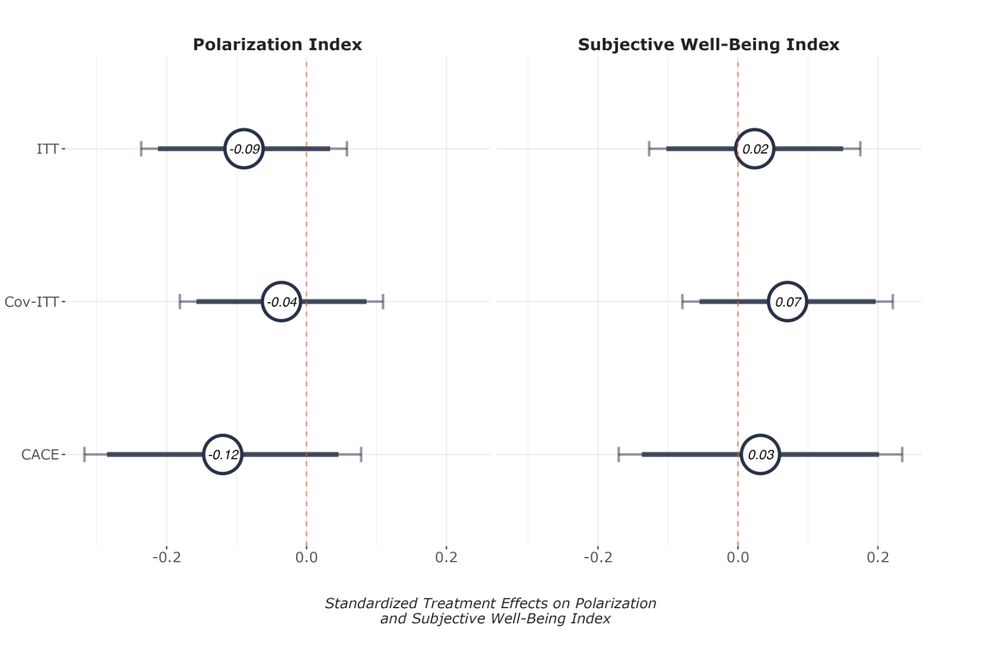
Although users saw less false content, their attitudes stayed the same.
Participants were 40% less likely to remember false headlines, a significantly larger reduction than the decline in recall of true news.
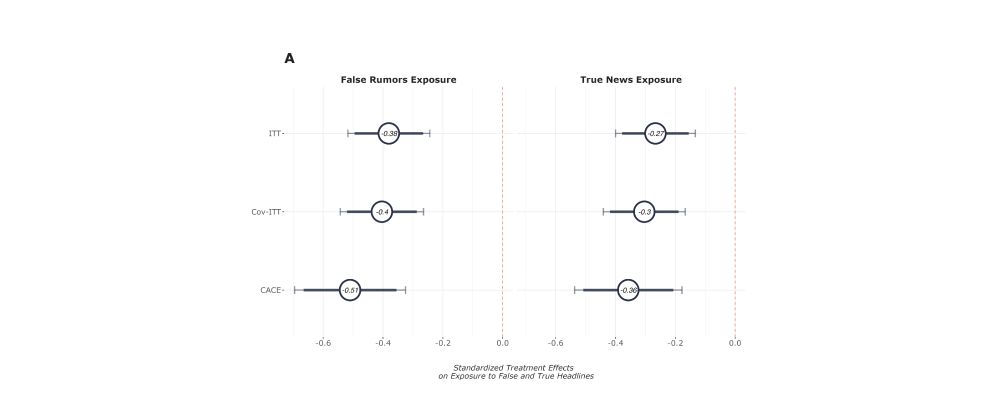
Participants were 40% less likely to remember false headlines, a significantly larger reduction than the decline in recall of true news.
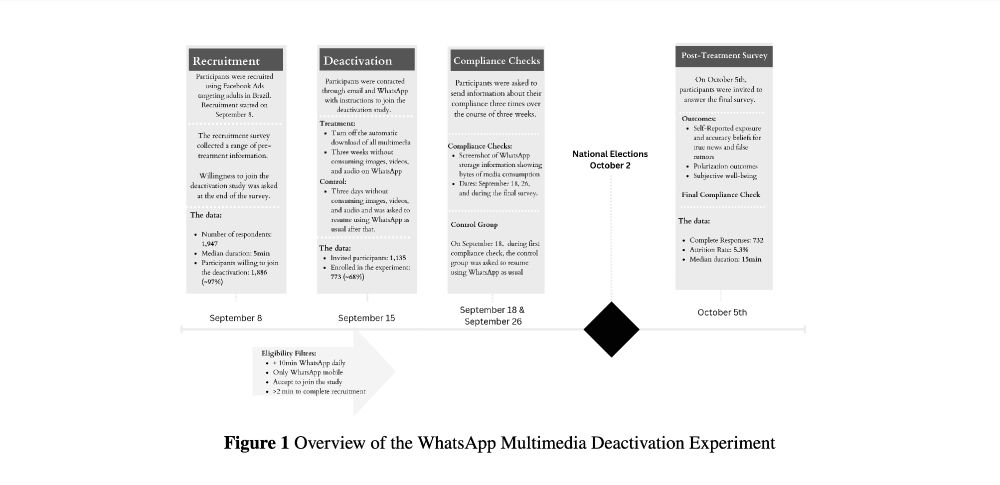
New in @The_JOP, we ran a WhatsApp deactivation experiment during Brazil’s 2022 election to explore how the app facilitates the spread of misinformation and affects voters’ attitudes.
www.journals.uchicago.edu/doi/abs/10.1...
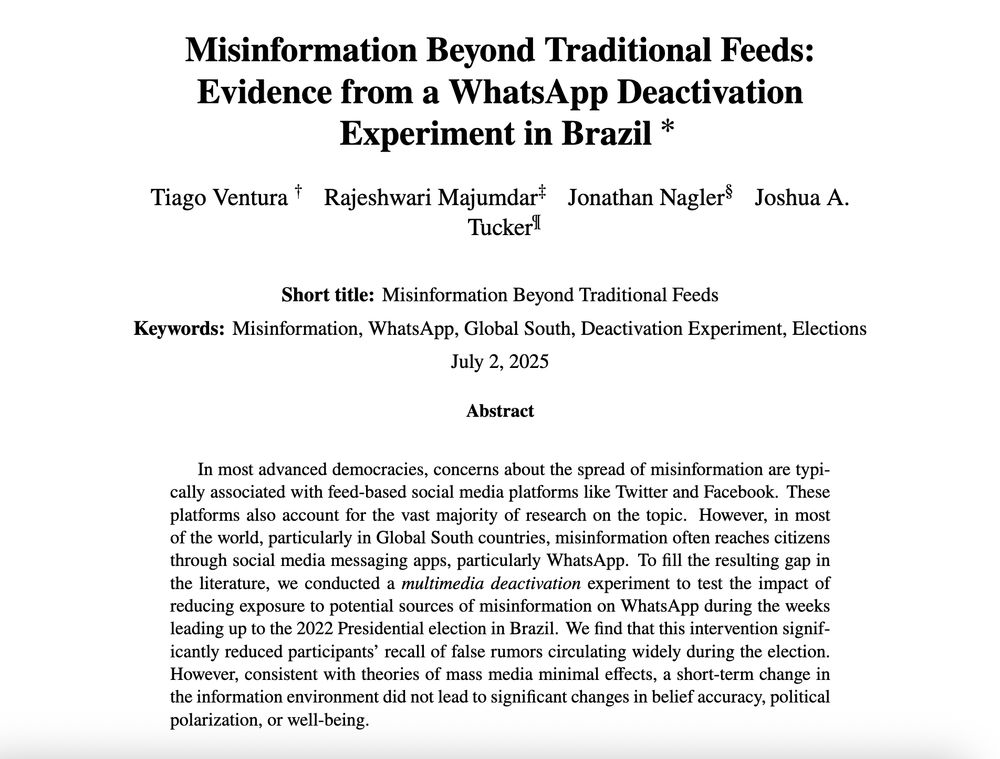
New in @The_JOP, we ran a WhatsApp deactivation experiment during Brazil’s 2022 election to explore how the app facilitates the spread of misinformation and affects voters’ attitudes.
www.journals.uchicago.edu/doi/abs/10.1...
Here's a summary of our four main findings:
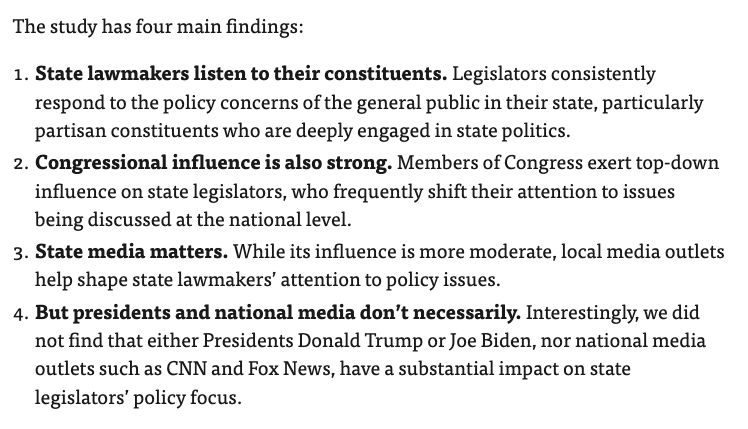
Here's a summary of our four main findings:
www.journals.uchicago.edu/doi/10.1086/...
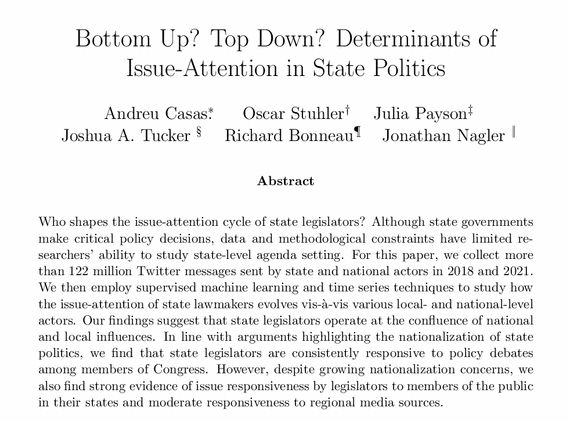
www.journals.uchicago.edu/doi/10.1086/...
Come join our team studying the impact of digital media on democracy!
We're hiring a Technical Lead - Research Engineering to help us build and maintain the robust data infrastructure and custom tools that power our research.
More info + apply:
apply.interfolio.com/165833


Come join our team studying the impact of digital media on democracy!
We're hiring a Technical Lead - Research Engineering to help us build and maintain the robust data infrastructure and custom tools that power our research.
More info + apply:
apply.interfolio.com/165833

1) When confronted w/well-funded primary challenger, both D & R incumbents in safe seats moved toward the ideological extremes before their primaries. Competitive seat incumbents, and those without a well-funded challenger, did not.

1) When confronted w/well-funded primary challenger, both D & R incumbents in safe seats moved toward the ideological extremes before their primaries. Competitive seat incumbents, and those without a well-funded challenger, did not.
🧵👇
authors.elsevier.com/a/1kn5KxRaZn...
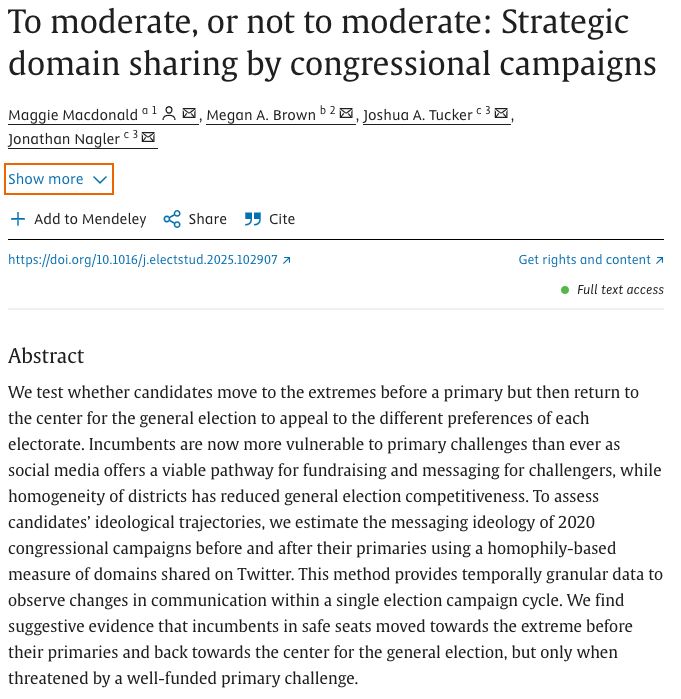
🧵👇
authors.elsevier.com/a/1kn5KxRaZn...
rq1.substack.com/p/how-gender...
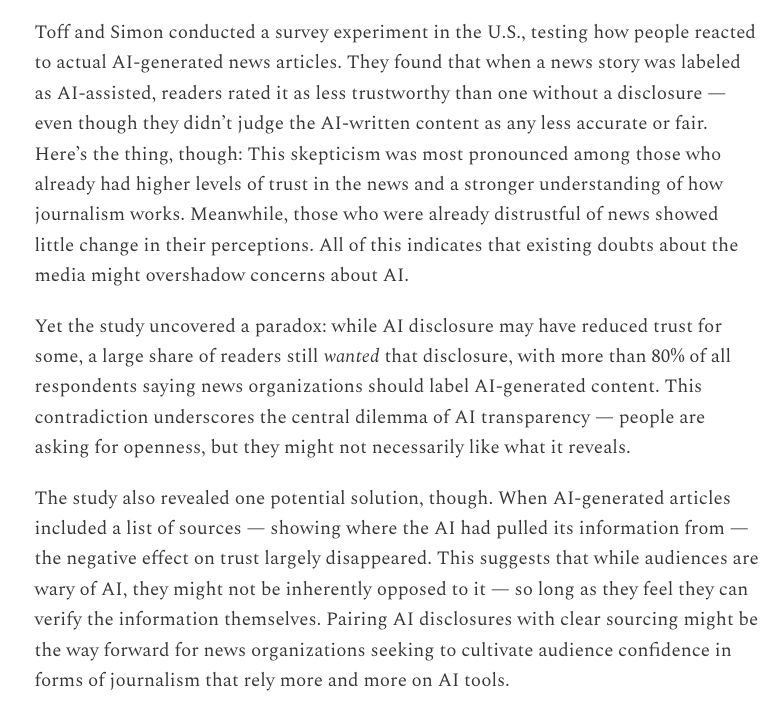
rq1.substack.com/p/how-gender...
journals.sagepub.com/doi/10.1177/...
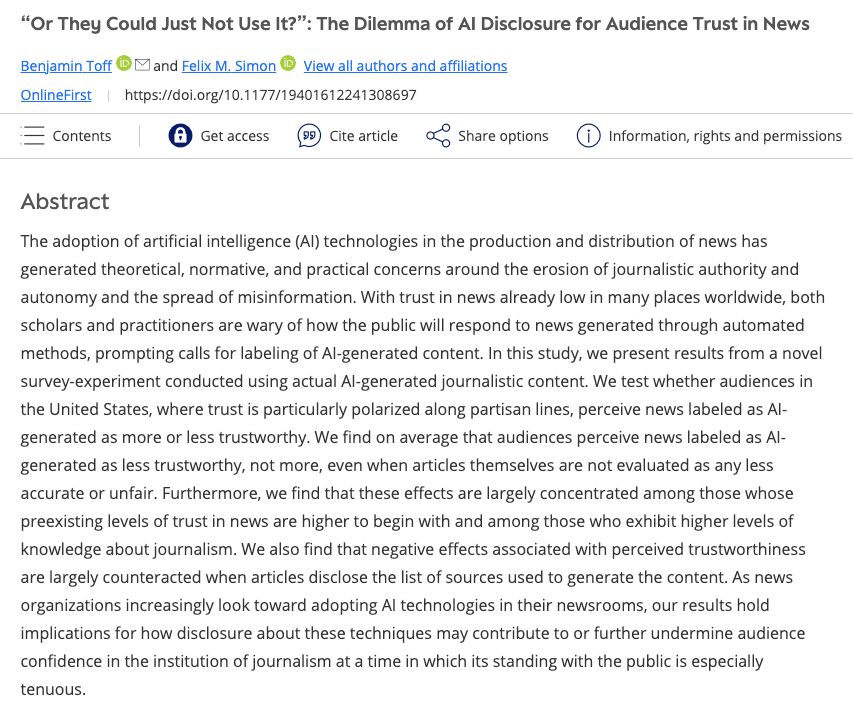
journals.sagepub.com/doi/10.1177/...
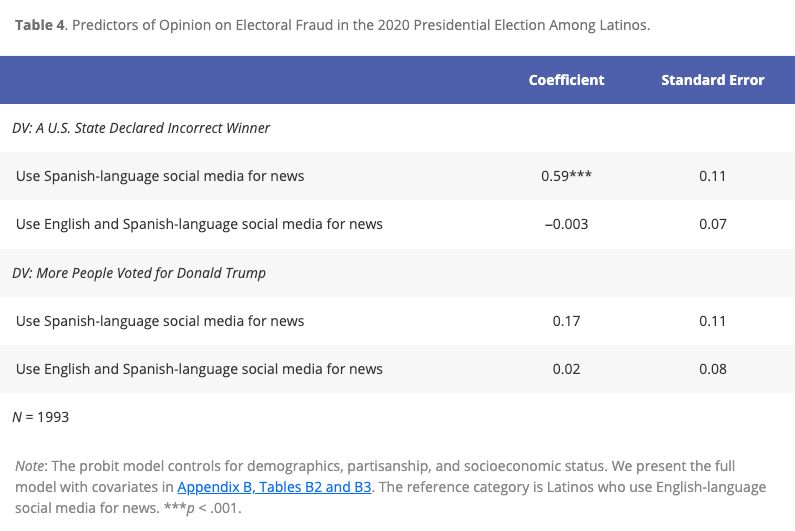
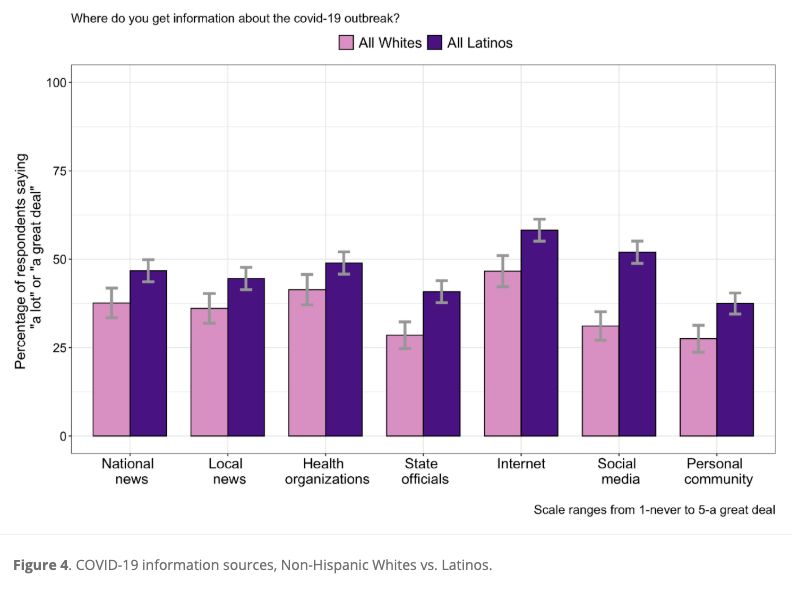
1) Latino online political activity, such as sharing news and discussing politics, is on par with white Americans, with one notable exception: Latinos were much more likely to use WhatsApp than whites (57% to 15%).
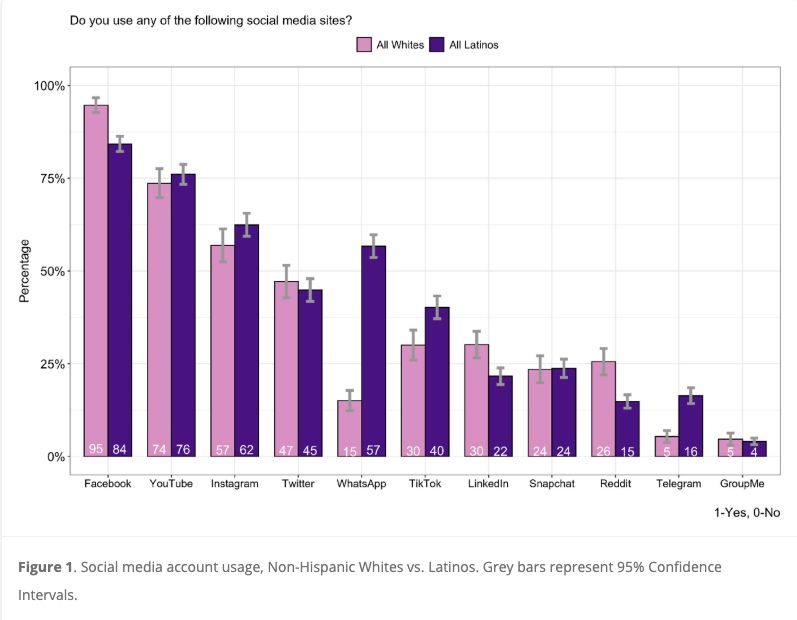


1) Latino online political activity, such as sharing news and discussing politics, is on par with white Americans, with one notable exception: Latinos were much more likely to use WhatsApp than whites (57% to 15%).

3/
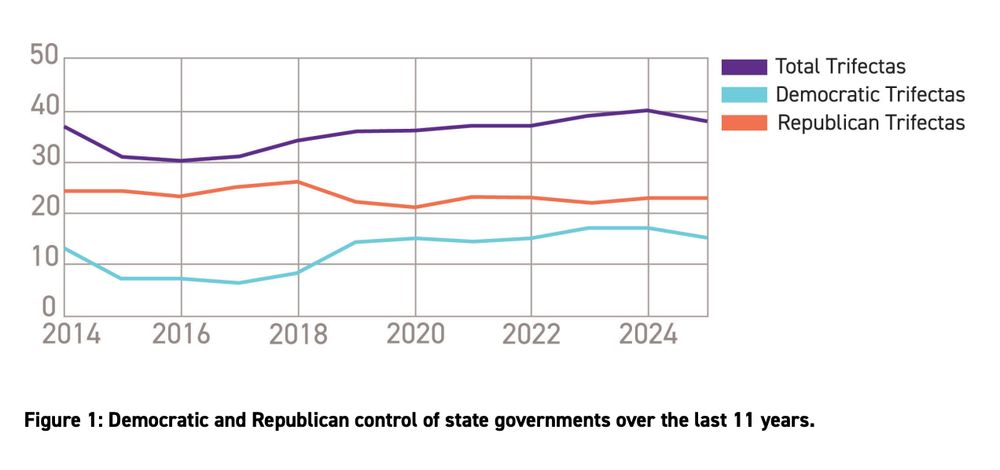

3/
2/


2/
Social networks, search engines, & streaming platforms are all deprioritizing news. Amid this fragmented online landscape, politicians will need to work harder to reach voters where they are in the information ecosystem, @jatucker.bsky.social tells @economist.com
www.economist.com/united-state...

Social networks, search engines, & streaming platforms are all deprioritizing news. Amid this fragmented online landscape, politicians will need to work harder to reach voters where they are in the information ecosystem, @jatucker.bsky.social tells @economist.com
www.economist.com/united-state...
8/

8/


